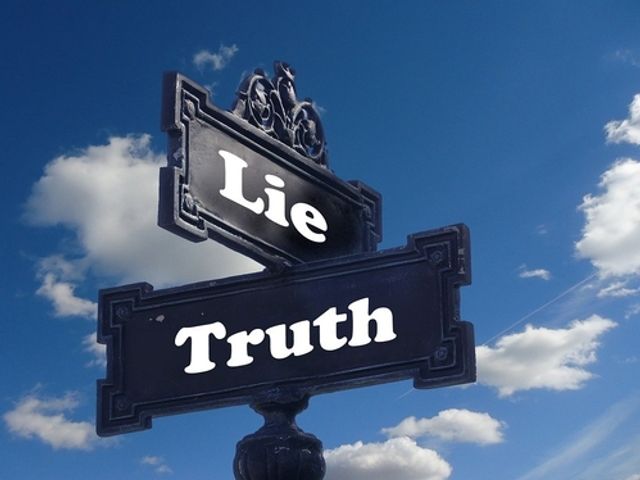
Is a little white lie on your application for a mining job or your resume really going to matter?
We’ve all read the news about several politicians and a General Manager at Myer being caught out blatantly misrepresenting their own qualifications or experience.
Depending on which source you believe, data shows that at least 25% of people have overstated their experience or embellished their qualifications in a resume or a job application. Some sources believe this figure to be 85%, others 40%. No matter what the real figure is, there’s a lot of truth-stretching going on — so the above examples are in no way isolated.
With so many social media accounts in use across the globe, it is relatively easy for the media to carry out background checks on senior appointments and politicians. Likewise, it is easy for hiring teams and human resources to cross-check an individual’s suitability and experience for a mining job by cross-checking social media.
My point is, news gets around quickly, facts are easy enough to check, and lies have a way of being uncovered — sooner or later.
In mining, honesty is even more important
In an industry such as mining, in which just over 200,000 people are employed across Australia, it is easy for a potential employer to connect with someone who knows you, using a site like LinkedIn. There certainly aren’t six degrees of separation in the mining industry in Australia!
If you are embellishing your employment history, it is likely you will get caught out either during either the recruitment process, or once you are hired.
But embellishing a resume isn’t always about adding experience or qualifications.
Acknowledge the gap
Many people in the mining industry have employment gaps owing to redundancy, site closure or just through taking a break for a few months after several years of FIFO.
Some people (myself included), have several years of stable work history, followed by a break, a few casual roles, then another period of stable work history.
Whatever the reason, it is important that the gaps in work history are included and explained in a resume. Your career gap could be because of travelling, parental leave, studying, time out between jobs or having been unable to secure a job owing to the market downturn. Including the dates and a single sentence to explain this period is preferable to a hiring manager than calling a referee to confirm dates, only for there to be a discrepancy.
RELATED: 6 myths about resumes you probably think are true
Don’t lie about remuneration
Another area in which people aren’t always entirely honest is around remuneration. Whether it be around base salary paid, or included benefits, applicants often inflate their current salary.
While this figure can be harder to confirm, there are organisations in the US asking for proof of current salary from shortlisted applicants.
So, why do people feel the need to lie?
There are many reasons people tend to lie on their job applications:
- They feel their experience won’t compete with other applicants
- Their work history does not meet the requisites of the advertisement
- They really need a new job
- They have previously missed a job for a specific reason, so have added this as a detail to their application
- They don’t feel their explanation for an employment gap is justifiable.
RELATED: Why is my resume not getting noticed?
Interviews, background checks, referencing and assessments will identify the majority of false information provided by an applicant.
However, if you’re the successful applicant, is the risk of being ‘found out’ on the job, and potentially being fired really worth it?
As a professional recruitment and careers consultant, the advice I give here is simple: be honest in your application and don’t embellish your resume with experience, qualifications or accomplishments.
If you’re unsure how to present your experience and highlight your skills, get in contact with us now. Let us help you create the perfect resume (and LinkedIn profile) here.